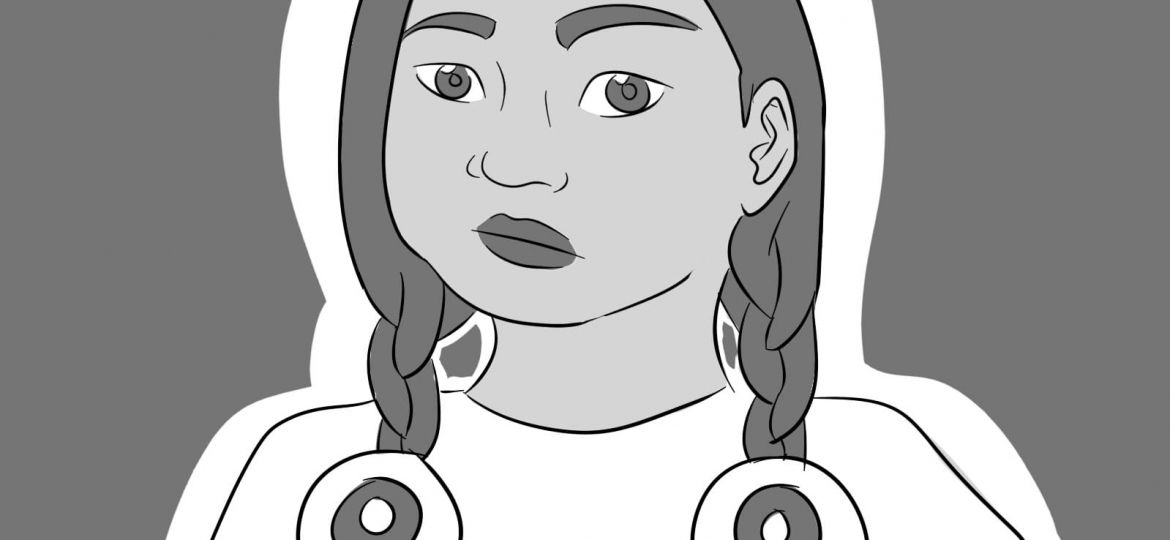
Ah, it’s that time of year again. As the weather races towards winter, we can enjoy one last great holiday before December and all its hoopla: Thanksgiving. Pumpkin pie, turkey, gravy, mashed potatoes and stuffing – there’s a reason it’s a well-beloved holiday. But, at least for an enlightened few, there’s something rotten (not in Denmark) about this holiday. And boy does it reek.
If you’ve seen the double special about the arrival of the Pilgrims portrayed by the cast of Charlie Brown, then you have been indoctrinated by the American romanticized and sugarcoated version of Thanksgiving. The Pilgrims come, the land is already cleared, Squanto arrives and teaches the new arrivals (immigrants) to grow corn and then the Pilgrims and Native Americans all get together to eat together as a sign of friendship and peace.
Technically, yes, there was a shared meal between the Pilgrims and the Native Americans before the second winter at Plymouth. Thanksgiving, though, is the only holiday of the year during which Native Americans are brought to a significant place in the forefront of the mind of the average American. This is the only time that we, as a country, think about the Native peoples who inhabited this land long before Europeans did. And what’s the gist of this remembrance? Acceptance of the incoming white population. Passivity.
The peace that was the result of that shared meal between the parties that sat down together lasted only fifty years. After this period began two of the most bloody wars in American history that claimed many Native lives: The Pequot War and King Phillip’s War. And what was the reason the land was cleared when the Pilgrims arrived? It was due to the work of native tribes that were wiped out by disease from European traders before the Pilgrims. If you want to know all of the gory details, I’d suggest that you start with Nathaniel Philbrick’s tome, “Mayflower.”
Normally, this is as far as any whistle-blower will go on Thanksgiving. And it leaves your Turkey-day goer with little cause to celebrate. I would say that that would be justifiable, as would all of the Native Americans who have been killed by disease, starvation and the hand of the invading European population.
There is still a way celebrate Thanksgiving while being sensitive to its victims. Instead of using Thanksgiving as evidence for American triumphalism, Thanksgiving ought to be used as an occasion for national self-examination. Given the large number of Native Americans that lost their lives to American Manifest Destiny, a holiday celebrating them should be a motive for American humility: acknowledging past sins, and resolving to shape the future differently from the past.
Now, there are surely many who would dismiss this notion as a bunch of leftist nonsense. After all, you and I cannot change the past. But we can change how we view it and how we use that knowledge going forward. We can have more compassion for the victims of this country, and not gloss over their murders. Also, we can change the way the government shapes relations with Native Americans today.
It is possible to celebrate Thanksgiving without condoning American colonialism. If the occasion during which those who are not Native American in this country think about the relationship we have with Native Americans can begin with the truth, then we not only can, but ought to celebrate Thanksgiving. If Thanksgiving can be an occasion for renewed humility on the part of the United States, then it has a needed place in our national life.
This kind of Thanksgiving would be one to be thankful for.

